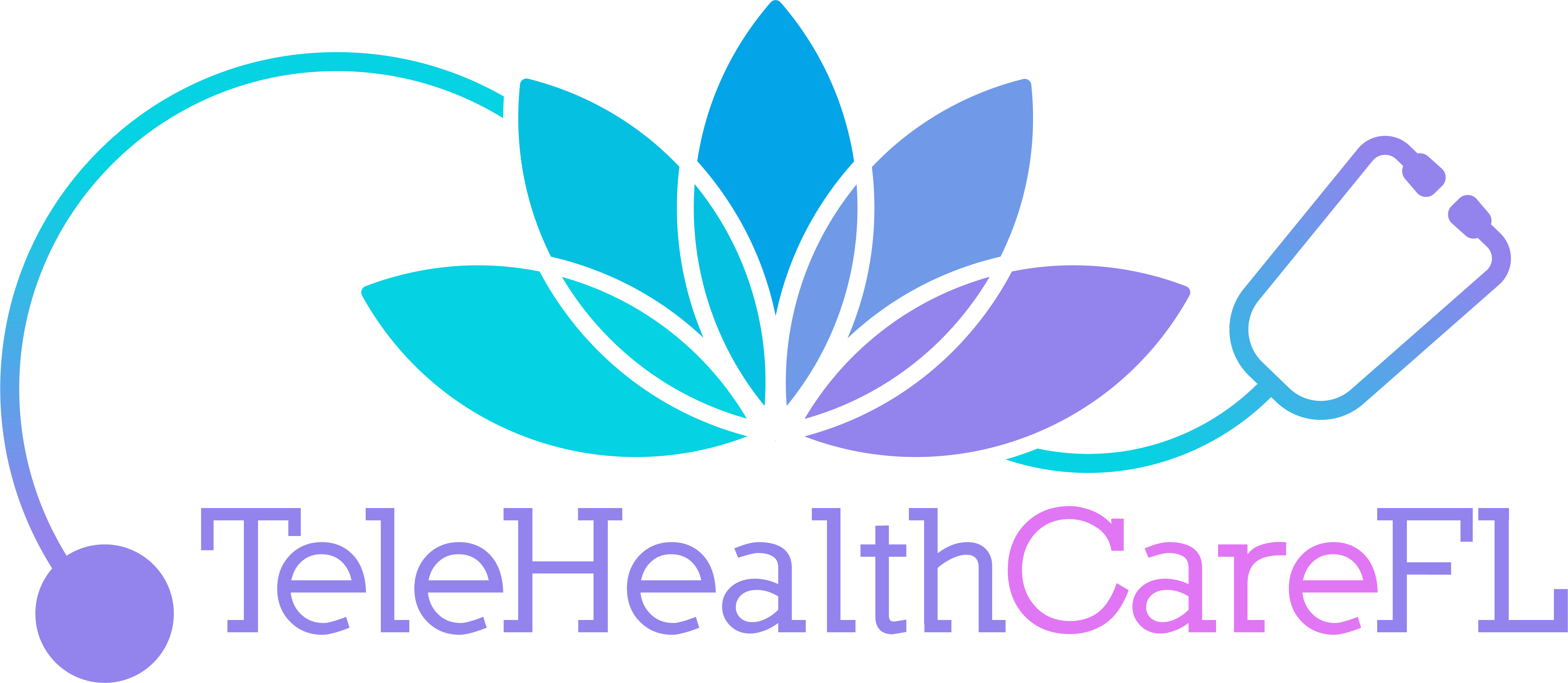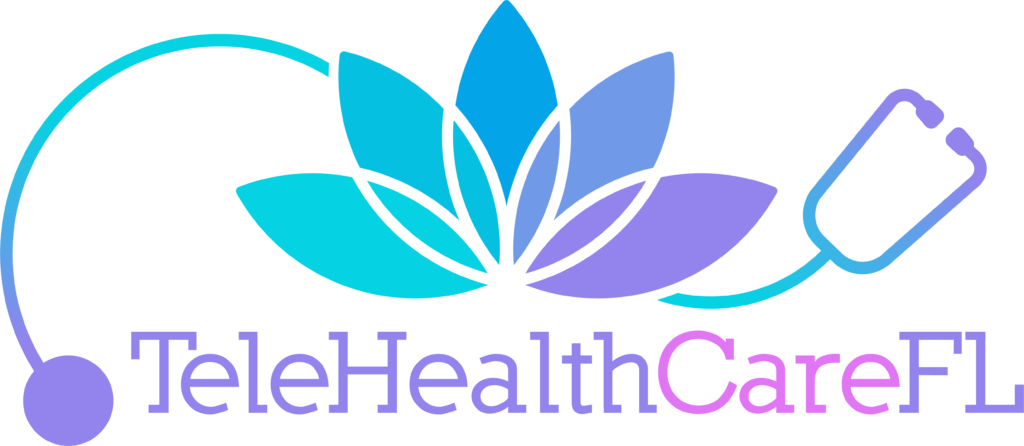With increasing age, often in the early 40s, sexual dysfunction becomes an increasing problem. Decreased libido, diminishing erectile function and ejaculatory disorders are fairly common. Optimal sexual function necessitates many mechanisms, of course vascular function is primarily, but neurologic and psychologic function also play a part.Â
Erectile dysfunction or ED is the persistent inability to achieve or to maintain an adequate erection during a typical sexual encounter. Many men with a decrease in libido often struggle with ED first. Hear more from a Urologist about erectile dysfunction at Mayo Clinic (1)! Reflex erections or erections created by physical stimulus of the gential region and originating from the sacral spine are the most common type of male erections in the later years. Many medical conditions, e.g., Obesity, Diabetes, Chronic Kidney Disease (CKD), Peripheral Vascular Disease (PVD),Tobacco Use, Testosterone Deficiency, Hyper/Hypothyroidism, Enlarged Prostate, Restless Leg Syndrome (RLS), Hypertension and other Heart Disease, Obstructive Sleep Apnea (OSA), Neurologic Diseases, and Depression can predispose males to ED. ED can manifest as a symptom of underlying vascular compromise. Many drugs can also induce ED, specifically Beta-blockers, such as Metoprolol and antidepressants, such as Paxil or Lexapro, and recreational drugs and alcohol. Drugs for high blood pressure, such as Chlorthalidone can increase the incidence of ED as well. A diminishing libido is often preceded by ED. Risk factors for a decreasing libido include alcoholism, antidepressant drugs – specifically selective serotonin reuptake inhibitors (SSRIs), Opioids, and recreational drugs – including Marijuana, Cocaine and LSD. Premature ejaculation presently has a very strict medical definition – ejaculation which most always occurs within 1 minute of penetrative intercourse. Premature ejaculation and ED often coincide. Again, many drugs are associated with the condition, these drugs include: antidepressants, and drugs used for benign prostatic hyperplasia (BPH). Corrective surgery for BPH can also lead to ejaculatory disorders.
The prostate begins increasing in size after age 30, but most notably and possibly problematically after age 60. Unfortunately cycling can prematurely increase the size of the prostate and cause lower urinary symptoms and possibly ED. Medications can be used to alleviate symptoms, but when symptoms become more pronounced often surgery is warranted. There are many options for male sexual dysfunction. Learn more about things you can do at home to help improve erectile dysfunction today. Step one is to understand the history of the problem, and the patient’s history thoroughly. Next, all health conditions and medications ought to be considered one by one. Lastly, medication therapy can be tried to help increase sexual function and libido with the goal of achieving the desired effect with as little medication side effect as possible. First line pharmacologic therapy for ED is Phosphodiesterase-5 (PDE5) inhibitors, such as Viagra, Cialis and the available generics. Non pharmacologic therapy includes vacuum devices or penile prosthesis surgery. Alternatives to invasive surgeries include injections. Of note: when ED is thought secondary to low testosterone levels, increasing testosterone levels above 300 ng/dL was shown to increase the efficacy of oral medications or penile injection medications. References 2. National Institute of Diabetes and Digestive and Kidney Diseases. (2023, October 26). Erectile dysfunction: Treatment. National Institutes of Health. Retrieved from https://www.niddk.nih.gov/health-information/urologic-diseases/erectile-dysfunction/treatment
Men’s Health Care
Erectile Dysfunction
Decreased Libido
Premature Ejaculation
Benign Prostatic Hyperplasia
Treatment
1. Mayo Clinic. (2023, March 29). Erectile dysfunction – Diagnosis and treatment. Retrieved from https://www.mayoclinic.org/diseases-conditions/erectile-dysfunction/diagnosis-treatment/drc-20355782




